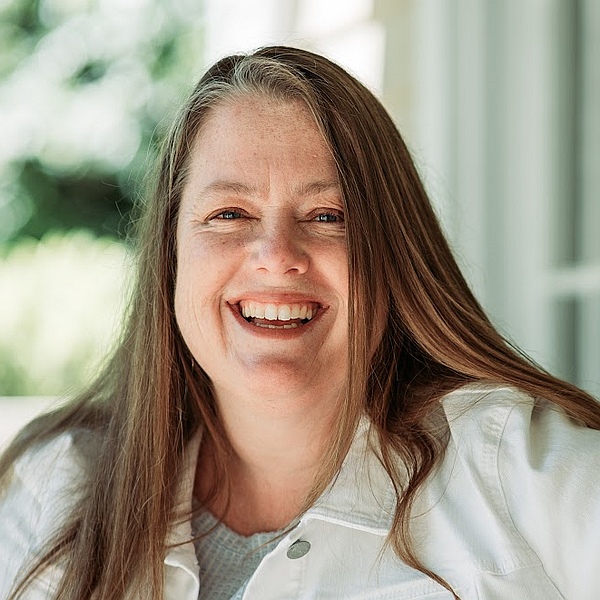 Addiction is a treatable medical disease with complex factors and causes. According to the American Society of Addiction Medicine, the disease is chronic and involves “complex interactions among brain circuits, genetics, the environment, and an individual’s life experiences.” Family counseling can help.
Addiction is a treatable medical disease with complex factors and causes. According to the American Society of Addiction Medicine, the disease is chronic and involves “complex interactions among brain circuits, genetics, the environment, and an individual’s life experiences.” Family counseling can help.
While treating addiction varies widely depending on what a person is addicted to, how long he or she has dealt with addiction, and what the complex factors are that contribute to it, there is hope. Treatment for addiction has come a long way, and family therapy is one form of counseling that can help everyone in the family unit. Redlands Christian Counseling offers support to both individuals and families as they navigate the challenges of addiction and work towards healing together.
What is family therapy?
Family counseling, also called family therapy, helps families unpack unhelpful beliefs and behavioral patterns that are hindering the family unit from thriving. It also assists all members of the family to heal from the impact of addiction and to understand the struggle that an addicted person has experienced.
When someone in a family unit confronts addiction, the problems that the family has do not just disappear. Family counseling gives the whole family the opportunity to build skills and experience healing. It also helps the addicted individual learn how to operate within healthy boundaries and norms as the family participates in his or her healing journey.
For whom is family counseling meant?
Family therapy is a type of counseling that can help anyone who has been impacted by an addicted person’s behaviors, beliefs, and lifestyle. This might include the parents, a spouse, siblings, children and other relatives, mentors, or even colleagues. Family counseling is meant not only to empower the addicted individual, but also their family members.
How does family therapy work?
 Once a counselor has seen the individual make progress in his or her addiction recovery plan, the counselor may recommend family therapy. Usually this happens after some passage of time. The addicted individual should have a demonstrated commitment to counseling already; have taken some ownership of the new skills he is learning; and exhibit an awareness of unhelpful patterns of behavior.
Once a counselor has seen the individual make progress in his or her addiction recovery plan, the counselor may recommend family therapy. Usually this happens after some passage of time. The addicted individual should have a demonstrated commitment to counseling already; have taken some ownership of the new skills he is learning; and exhibit an awareness of unhelpful patterns of behavior.
When a family undergoes therapy, it will be in a group setting at the office of a trained psychologist or therapist, or possibly at a treatment center for addiction where family therapy is offered. Families are usually asked to complete paperwork and sign agreements not to release information that is shared in the family sessions.
Once a session begins, families can expect to be there for about an hour. Some sessions may involve only specific family members, and other sessions may include the entire family. A counselor will ask specific questions to observe how a family communicates with one another and what may be contributing to unhealthy habits.
A counselor may even suggest that some family members seek individual counseling alongside the family counseling sessions.
What are the goals of family counseling?
One of the most important goals of family counseling centers on the loved one who is recovering from addiction. That goal is to help the patient learn skills to overcome unhealthy thought patterns and behaviors to avoid relapse.
A second goal of family counseling is to help the family unit heal from issues that often surround addiction. These can be distrust, pretending that nothing is wrong, or being overly concerned about how the addicted family member’s struggle has made the family look in social or career settings.
There are other goals that would be more specific to the family and its needs, which a trained family counselor can help guide. The counselor will also help the family to address patterns that existed in the family before the addiction or traumas that might have contributed to the individual’s lure to addictive substances.
If your family may benefit from family counseling and you have a loved one who suffers from addiction, contact the trained family counselors at one of our offices. Even if your loved one is not ready for individual treatment, your family may benefit from counseling. You can begin that journey with one step. Contact us at Redlands Christian Counseling today.
“Life Preserver”, Courtesy of Jude Mack, Unsplash.com, CC0 License; “Life Preserver”, Courtesy of Brett Jordan, Unsplash.com, CC0 License
-
Brooke Turbyfill: Author
Brooke Turbyfill is a freelance editor and writer from north Georgia; she enjoys connecting with people over coffee, hiking, and reading books of all genres. When she isn't editing a book or writing an article for clients in the health and education...
DISCLAIMER: THIS ARTICLE DOES NOT PROVIDE MEDICAL ADVICE
Articles are intended for informational purposes only and do not constitute medical advice; the content is not intended to be a substitute for professional medical advice, diagnosis, or treatment. All opinions expressed by authors and quoted sources are their own and do not necessarily reflect the opinions of the editors, publishers or editorial boards of Stone Oak Christian Counseling. This website does not recommend or endorse any specific tests, physicians, products, procedures, opinions, or other information that may be mentioned on the Site. Reliance on any information provided by this website is solely at your own risk.




